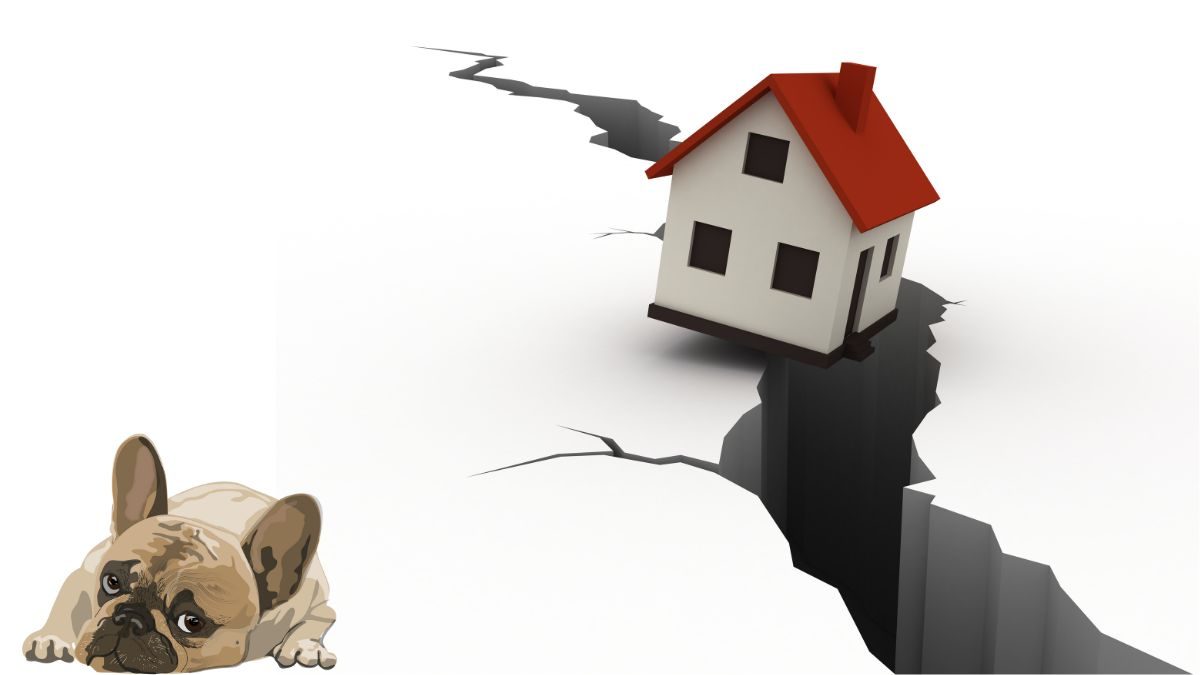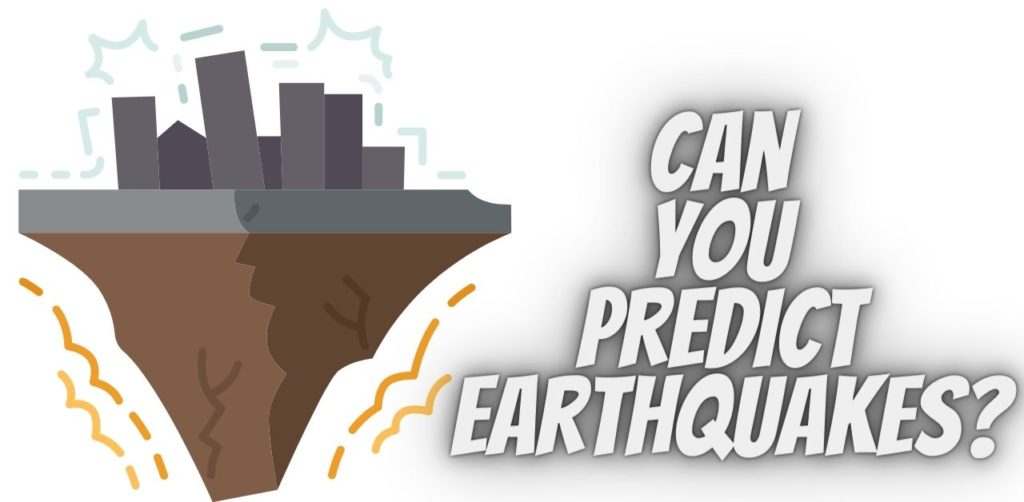Can animals detect earthquakes? People have long claimed that animals-from cats and dogs to horses and snakes can predict or detect a coming earthquake. No one quite knows how, but the animals may hear sounds and feel vibrations associated with deep Earth movements, or even detect electromagnetic changes better than humans.

While most scientists believe changes in animal behavior prior to a quake are not consistent enough, there is still not enough solid data to say whether it is true or not.
Still many people believe changes in animal behavior are connected to quakes, an idea that has been observed and documented in different parts of the world for centuries, especially in places where earthquakes are prevalent. For example, the first known record of an animal earthquake connection occurred in earthquake-prone Greece in 373 B.C.E. The report stated that dogs howled, and rats, snakes, and centipedes ran to safety several days before a destructive earthquake struck the area.
More recently, in California, a study in the south San Francisco Bay area showed that when local newspapers listed an increase in lost and found cats and dogs, the probability of a quake increased. And in Japan and China, animals are often considered an essential part of the earthquake warning system, along with the usual high-tech seismic instruments. In one incident in 1975, strange behavior in animals caused officials in Haicheng, China, to issue an earthquake warning, ordering 90,000 residents to evacuate the city. In a matter of hours, a huge, magnitude 7.3 quake destroyed 90 percent of the city’s buildings, with little loss of human (and animal) life.
How does an earthquake feel?
Depending on the severity, there are certain motions you will feel during an earthquake. In a small quake, you may hear and feel a sound similar to an IS-wheeled truck rolling past your house. In general, in a larger quake you will feel a swaying or small jerking motion, then a pause followed by a more intense rolling or jerking motion.


[…] Can animals detect earthquakes? […]
[…] are most commonly associated with earthquakes, particularly those occurring beneath the ocean floor. When tectonic plates shift along faults, […]